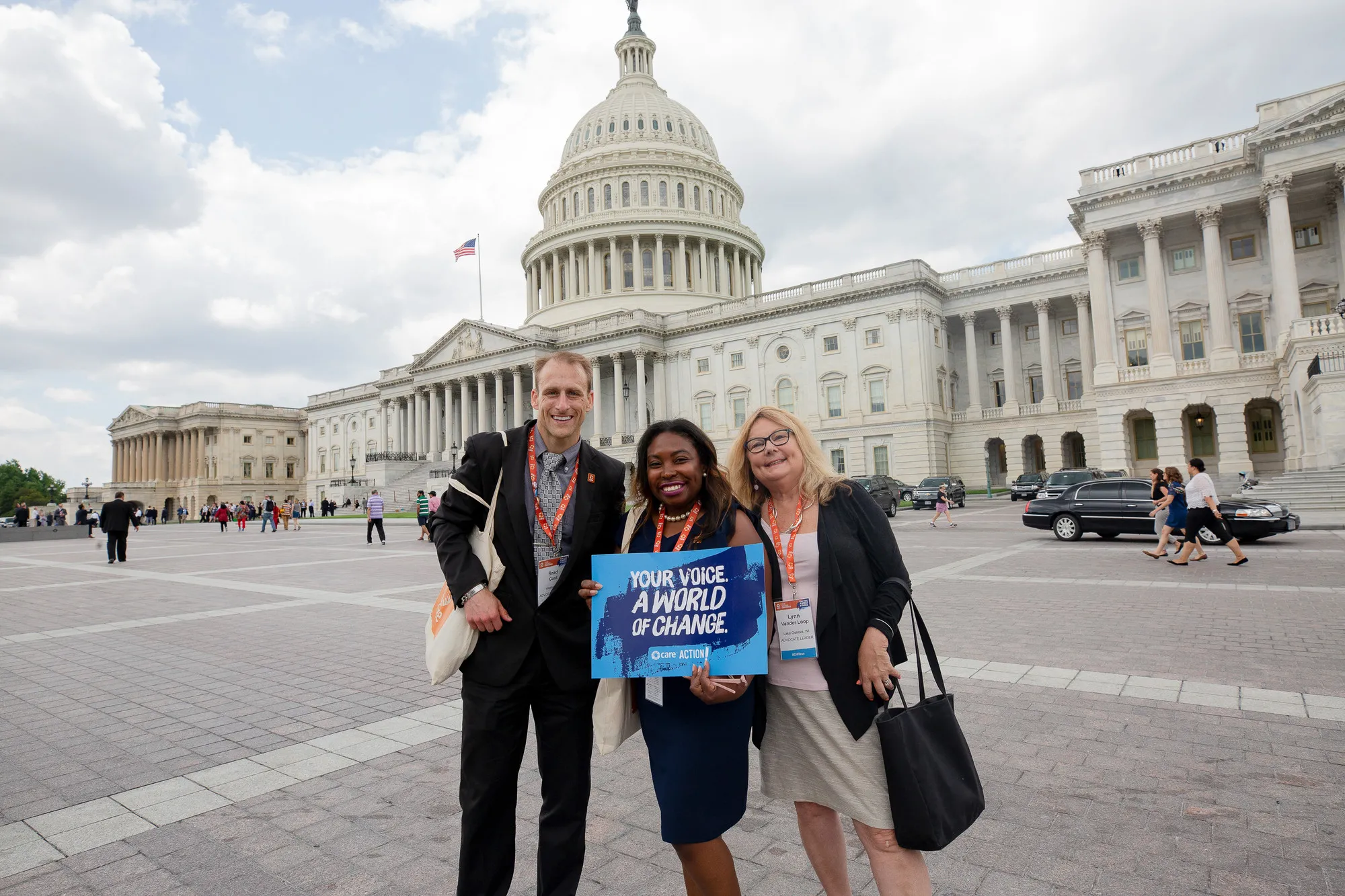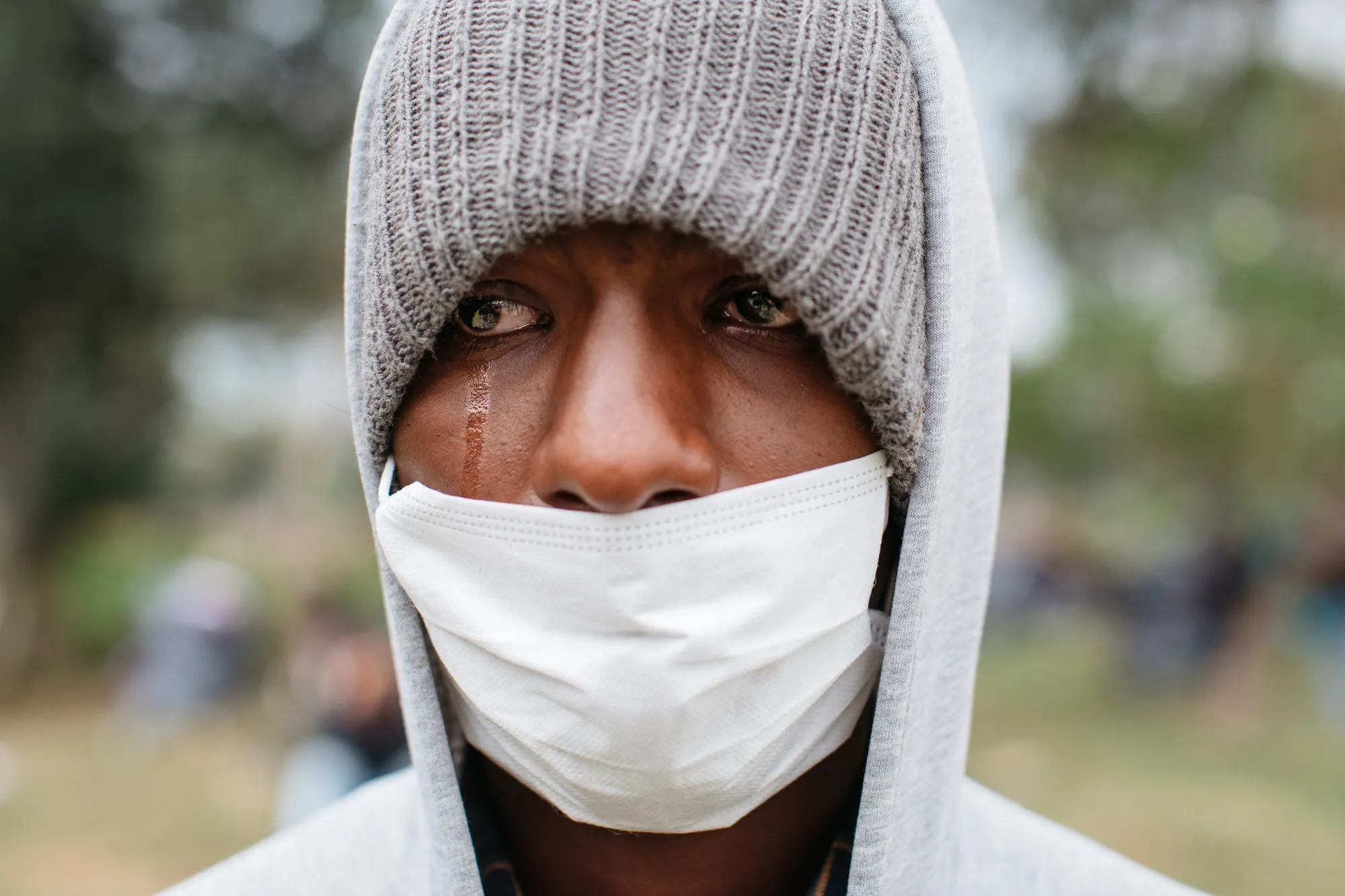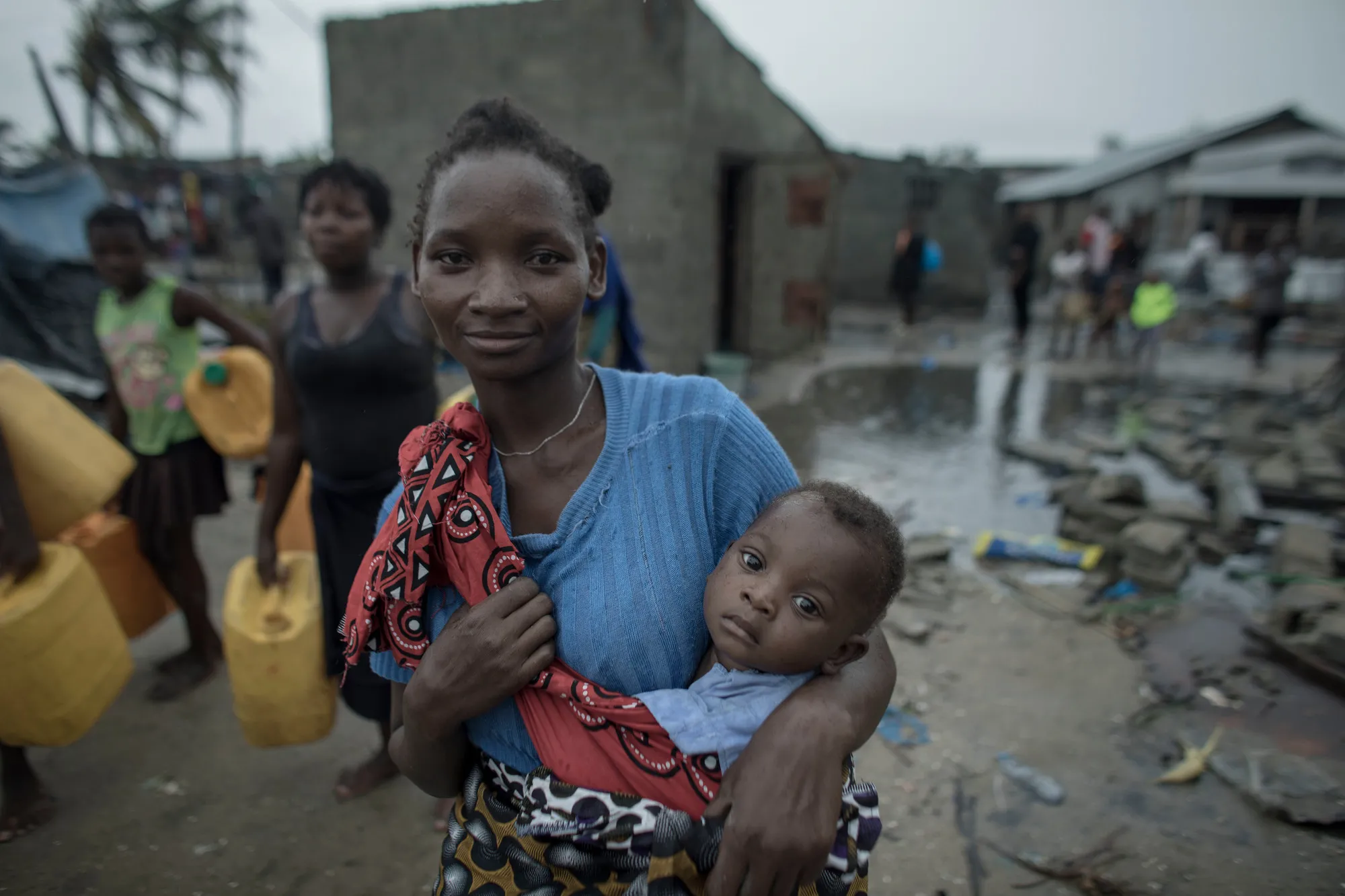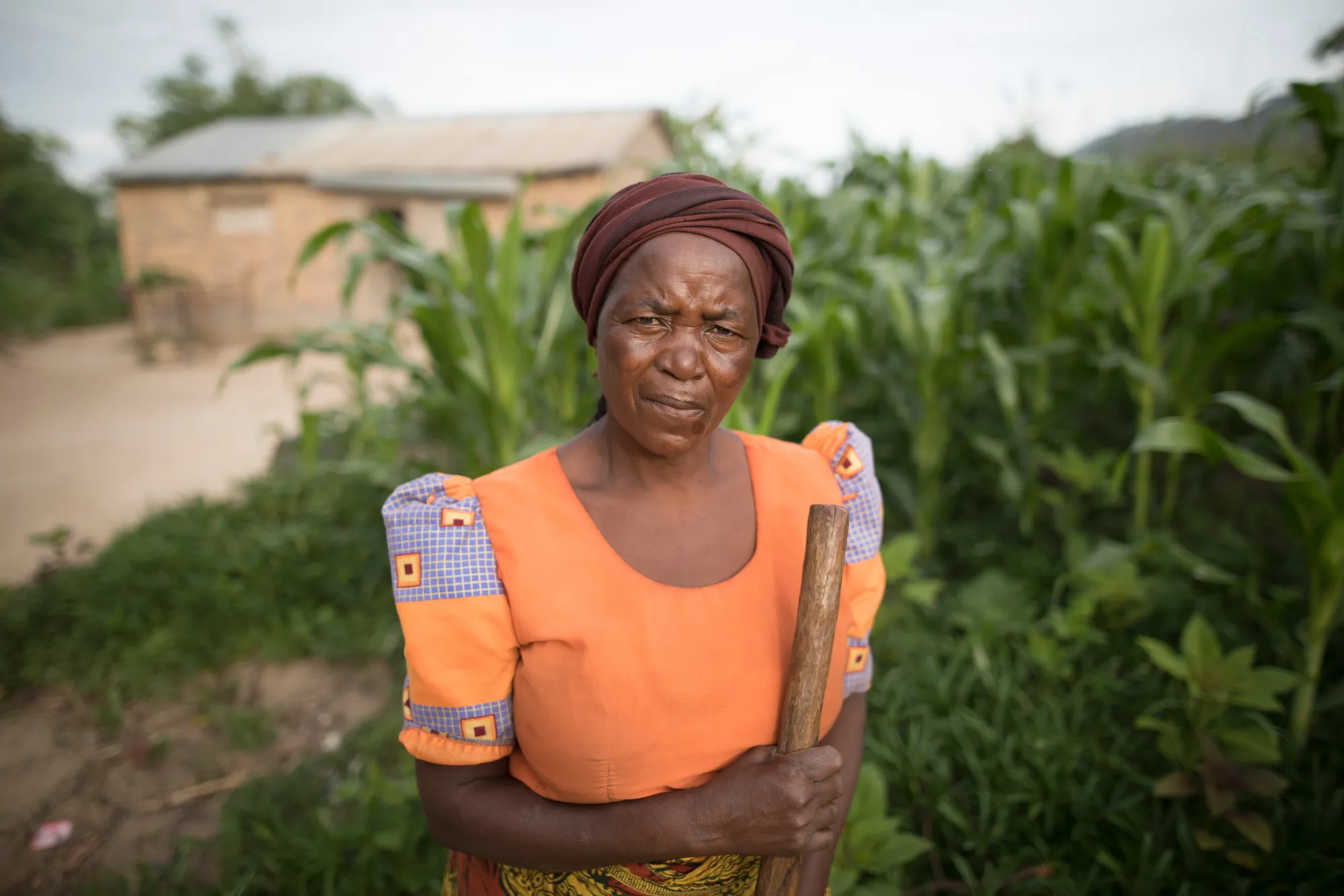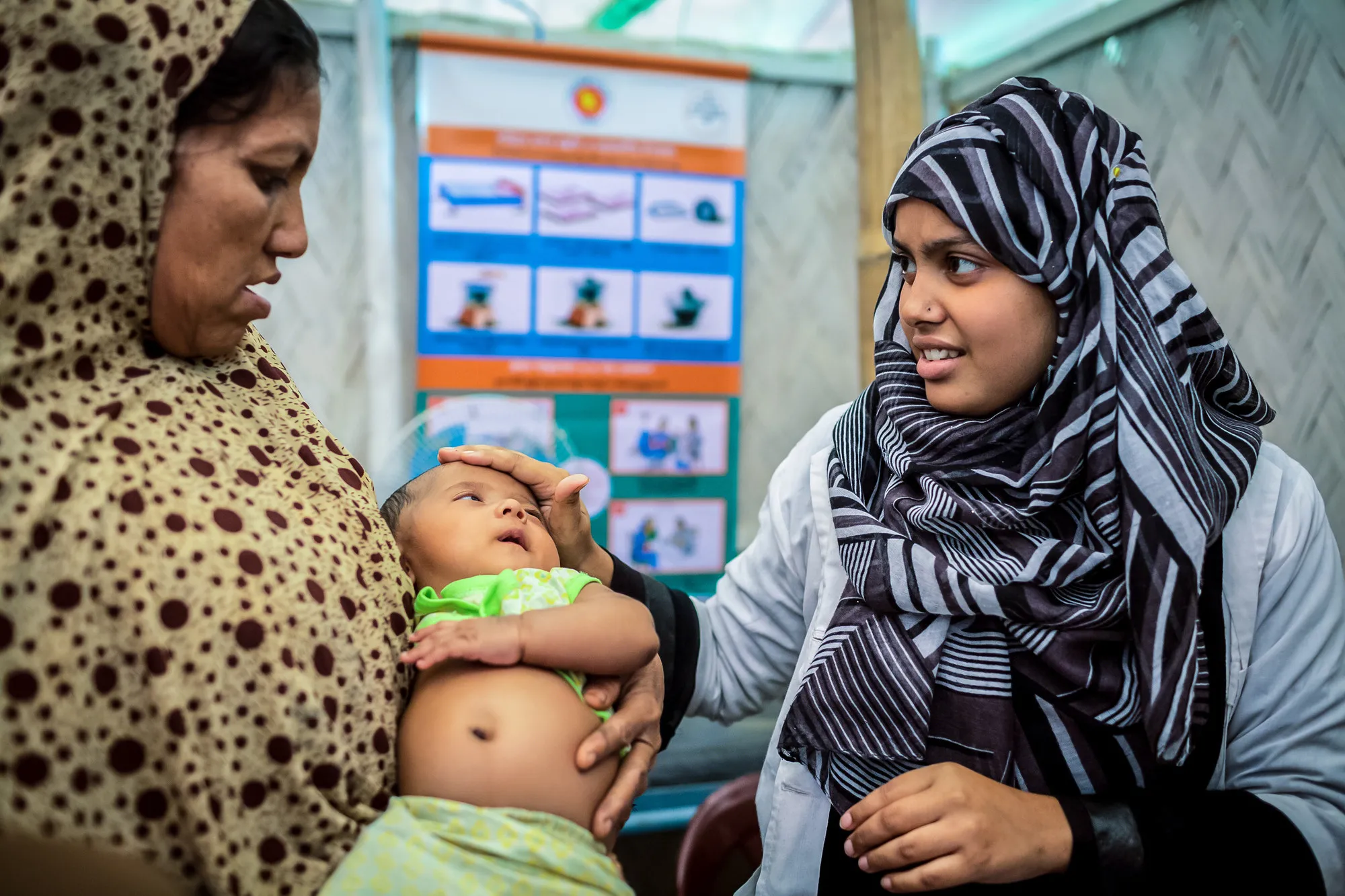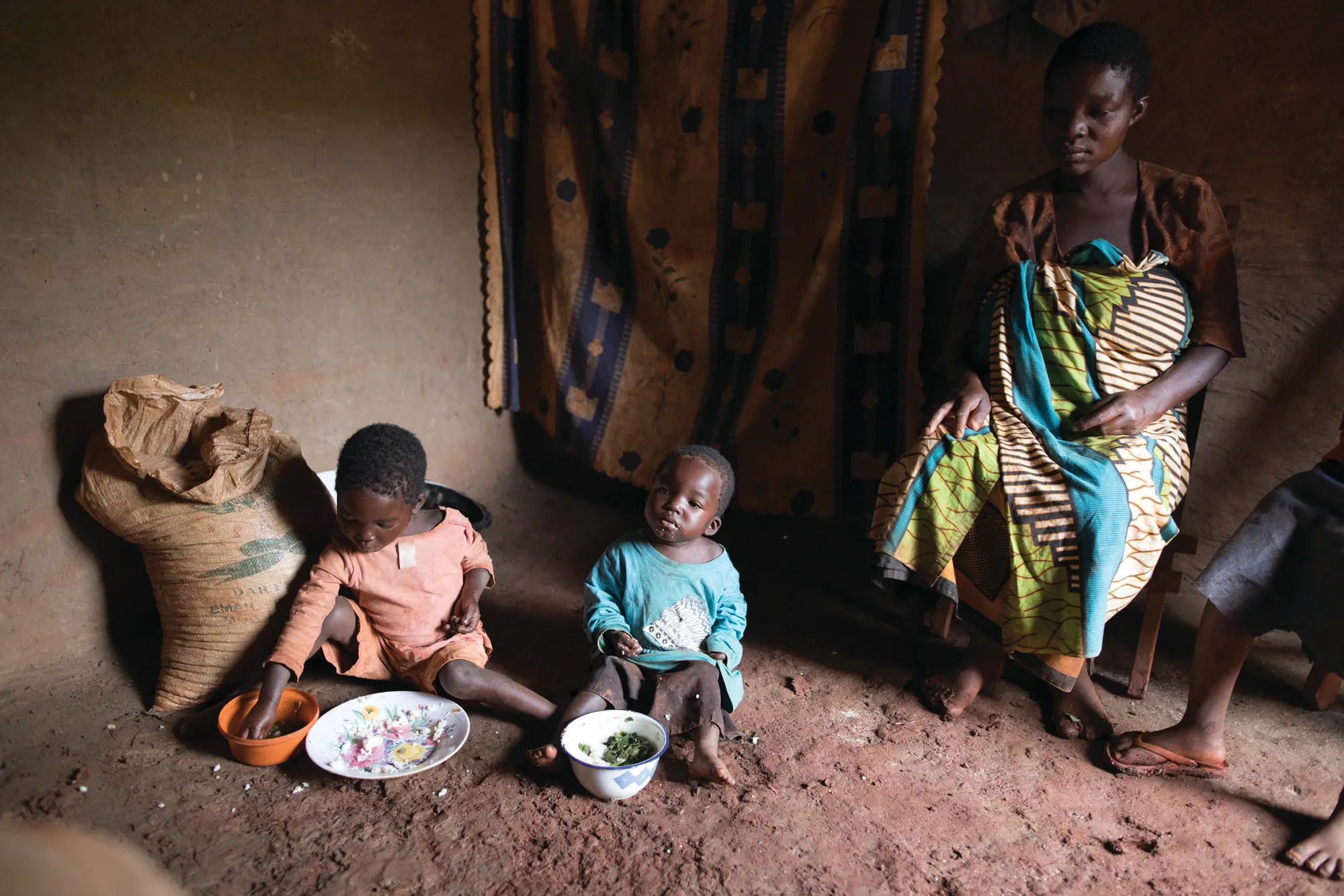Elections matter. CARE advocates know that when you engage with candidates on the issues and amplify your own voice, you send a powerful message that you are passionate about ending global poverty and creating a more just and equal world.
That’s why it’s so important to vote. Your voice matters as the nation gears up for the 2020 elections. Every day, CARE works shoulder to shoulder with communities around the globe to fight poverty and deliver lasting change. At the same time, CARE Action seeks to fight poverty with the help of thousands of constituent voices nationwide advocating for U.S. policy reforms that will ensure current and future generations benefit from the change we achieve today.
Creating change for a better world – from ending global poverty to empowering women and girls to live a life free from violence – starts with elected leaders who will champion global issues. Candidates and members of Congress listen to voters, and we know that even a few voices can make a big difference.
So, why does your voice and your vote matter in 2020? Read on to find out and learn how to get engaged and start shaping candidates’ views on important global issues, like equality for women and girls and U.S. global leadership in emergencies, and building back a more just and equal world.

